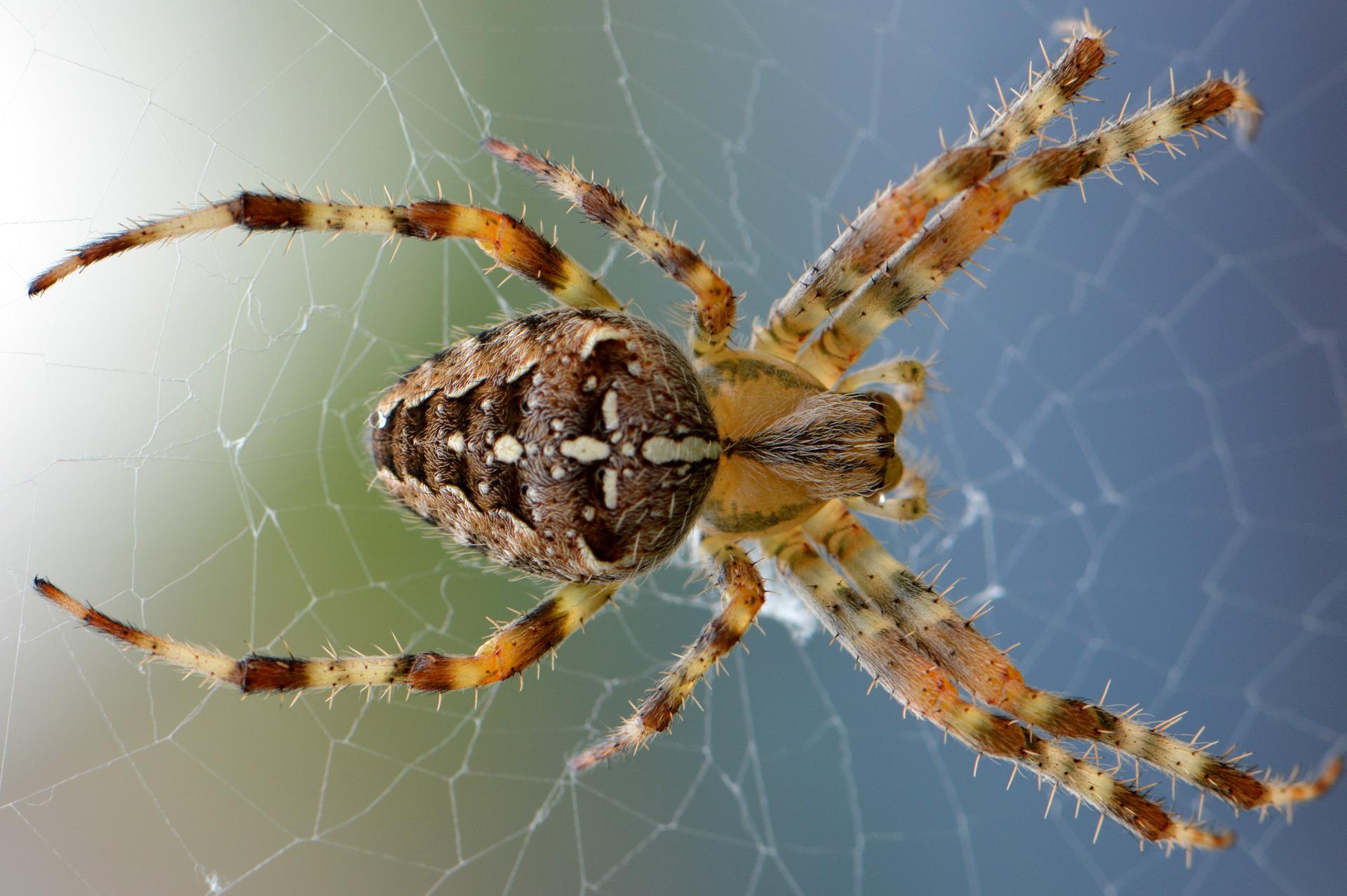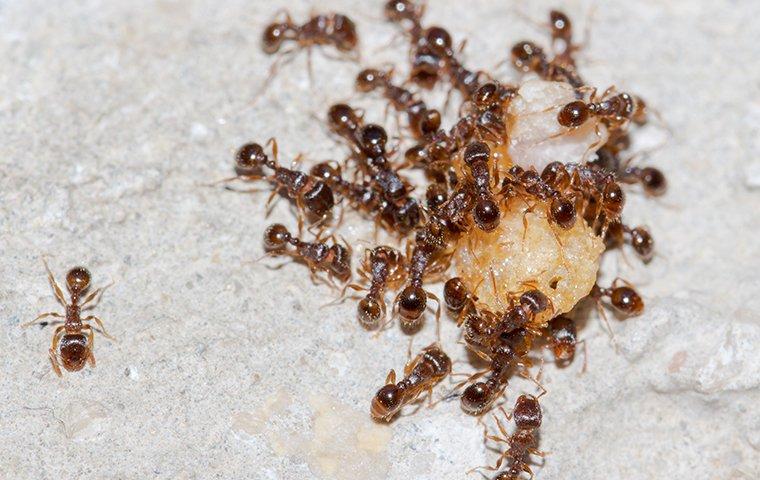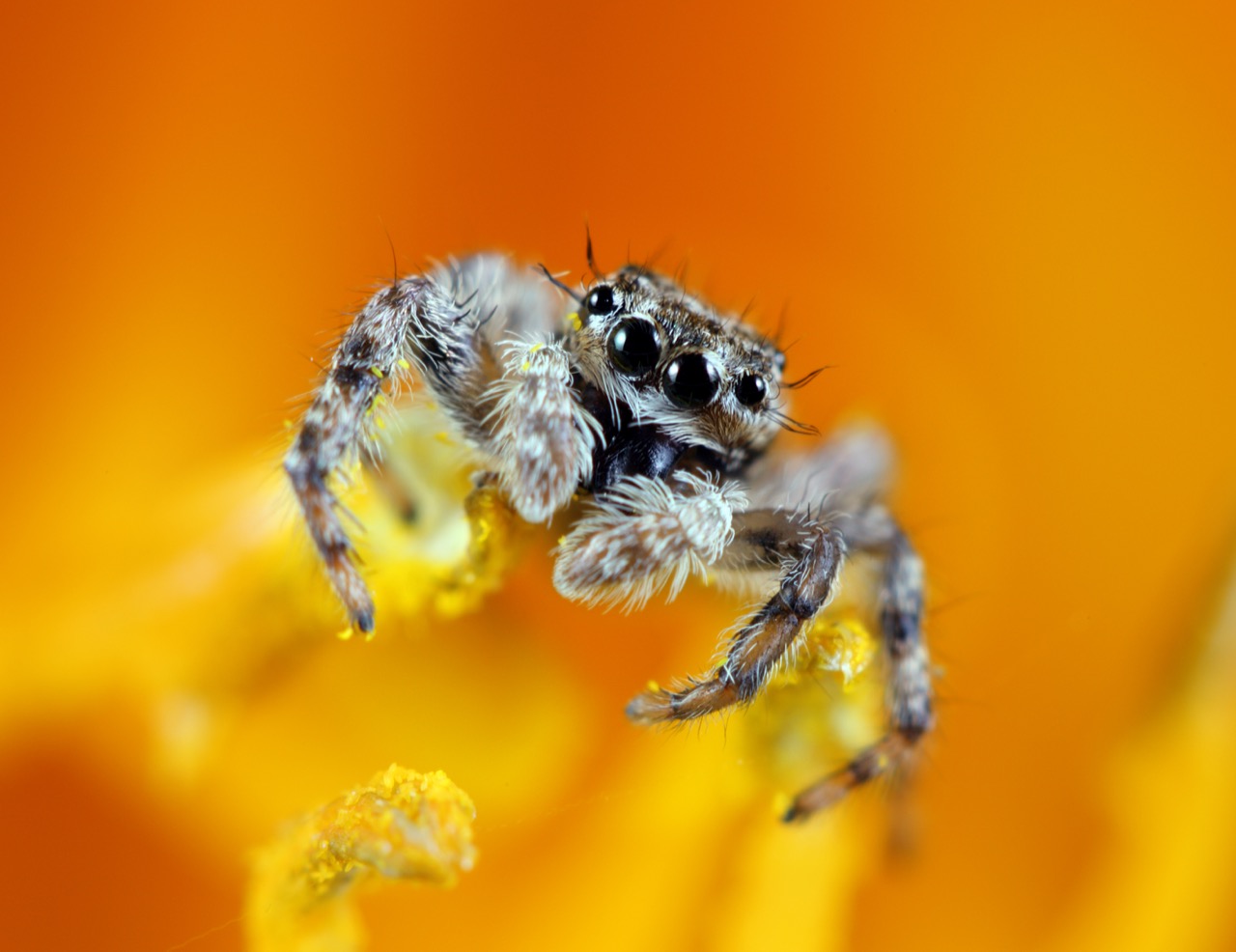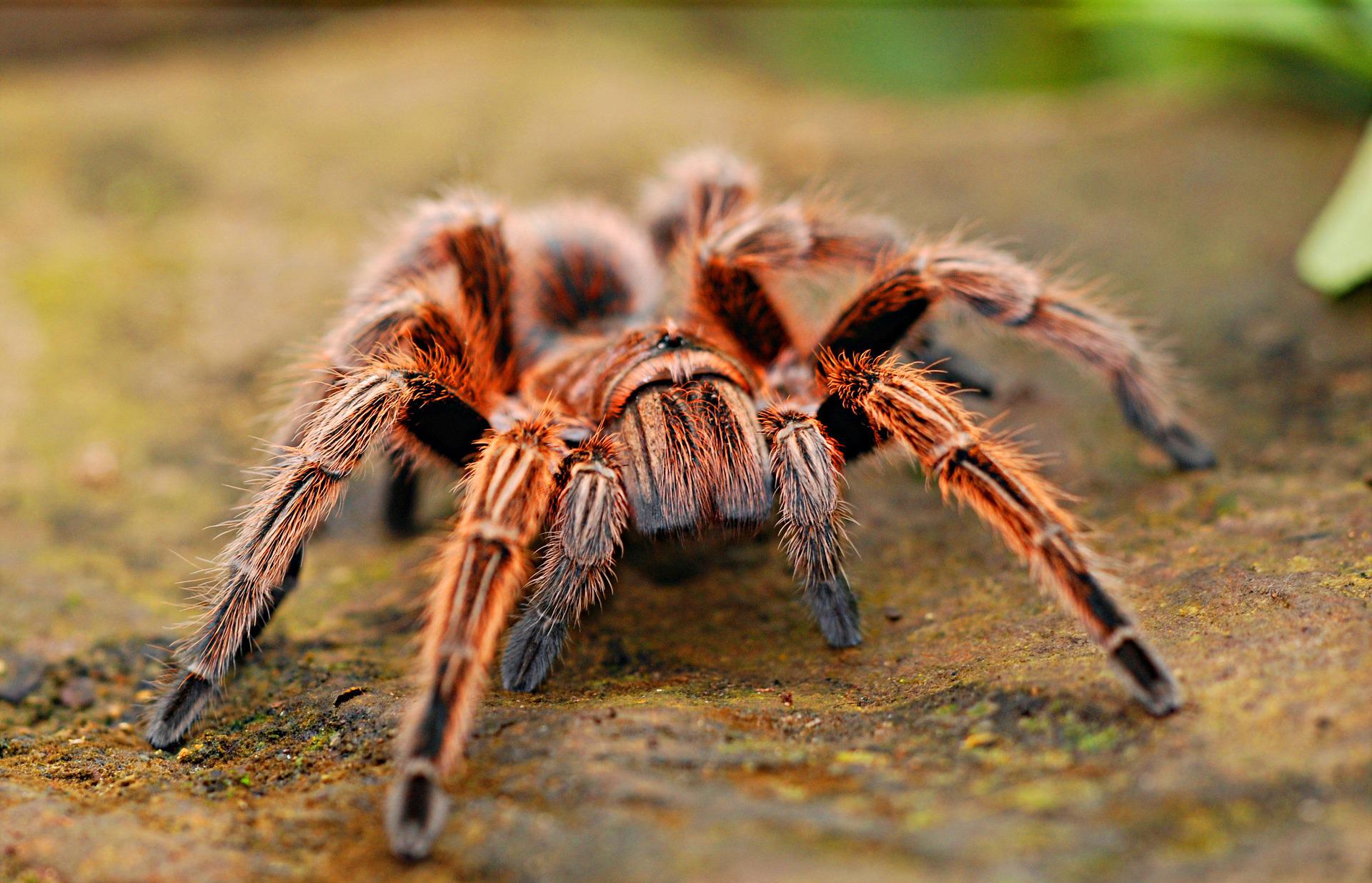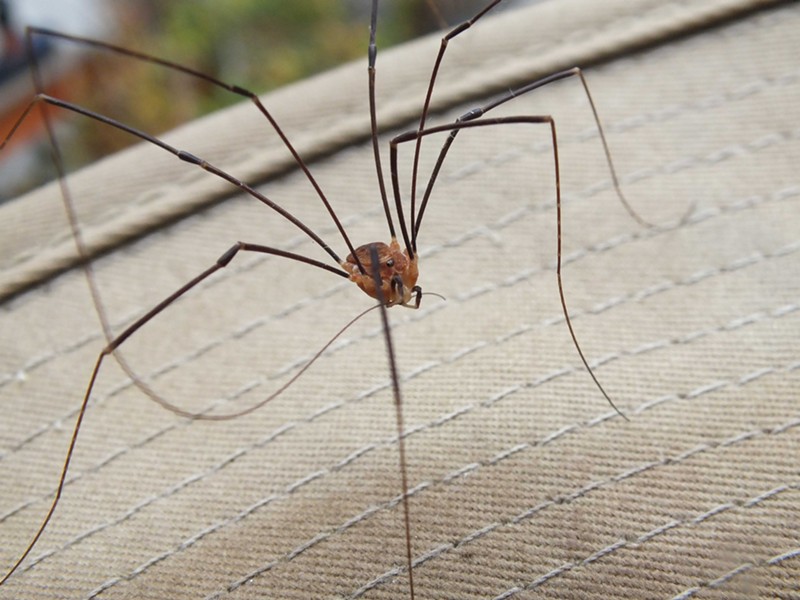Spiders are some of the fascinating creatures on the planet. They have unique abilities that allow them to survive in a variety of environments. Spiders are some of the most adaptable creatures on Earth and can go for long periods of time without food. How long spiders can live without food depends on several factors, including their species and size. Some spiders can survive up to two years without eating, while others may only last a few weeks. This blog post will explore how long different types of spiders can live without food and what factors influence their survival.
How Long Can Spiders Live Without Food?
Spiders are fascinating creatures. Some can live for up to two years without food, while others only survive a month or so! Larger spiders typically have longer life spans than smaller ones, and pet spiders can survive longer than wild spiders. The type of spider also affects how long it can live without food.
American House Spider
The American House Spider has a special reserve of food stored once it is used up; they can still live four to eight weeks without eating or drinking. So instead, this amazing creature gets its proteins from eating their web, which gives them energy in case something unexpected happens!
Brown Recluse Spider
The brown recluse spider can live for 1 to 2 years without food. However, they have been known to survive up to 6 months in extreme conditions, such as a cave with no insects.
Black Widow Spider
The black widow spider is one of the most venomous spiders in North America. They can live for up to 1 year without food, as it can lower their metabolism to survive in extreme conditions.
Wolf Spider
Adult Wolf spiders are capable of spending more than three weeks without food, and they can spend a week without water. More than one week means they are pushing their limit.
Jumping Spider
Jumping spiders are considered one of the most resilient arachnids around – able to survive for up to a month without food, but they will start to look weak and sluggish after about one week without water.
What do Spiders Like to Eat?
If you are considering keeping a spider as a pet, it is important to know that these arachnids are carnivores. Mealworms are one of the most common types, but they also enjoy crickets and roaches too.
Spiders will wrap their prey in webbing and inject it with digestive enzymes that liquefy the insect’s insides. The spider then sucks out the nutritious soup, leaving behind an empty exoskeleton.
How Often Should You Feed Your Spider?
The frequency of feeding your spider will depend on its size. For example, a large tarantula may only need to be fed once a week, whereas a small jumping spider may need to be fed daily. It is important not to overfeed your spider as this can lead to health problems. In addition to being carnivores, spiders are nocturnal, so you can feed them at night. However, they prefer hunting and moving around the home early in the morning when it’s darkest out!
What Happens if a Spider Goes Without Food?
If a spider goes without food, it will start to look weak. After a few weeks, the spider will become lethargic and may stop moving altogether. If the spider cannot find food, it will eventually die.
Spiders are amazing creatures that can live for long periods of time without food. However, it is important to provide them with a nutritious diet to live a healthy life. If you are thinking about keeping a spider as a pet, make sure you do your research to understand their needs.
How Can Spiders Live Without Food or Water for So Long?
Spiders can live for long periods without food or water due to their adaptation to survive in extreme conditions. They have a slow metabolism, allowing them to go for long periods without eating. In addition, spiders can store food in their bodies, which gives them energy in an emergency.
